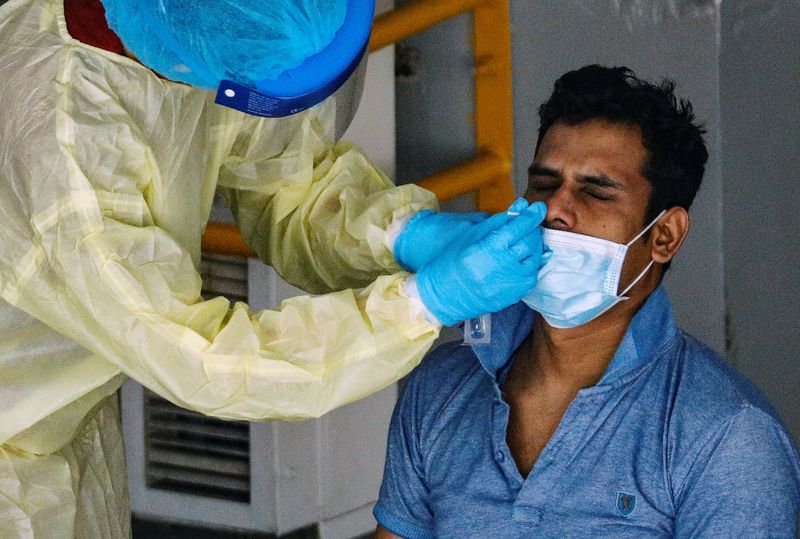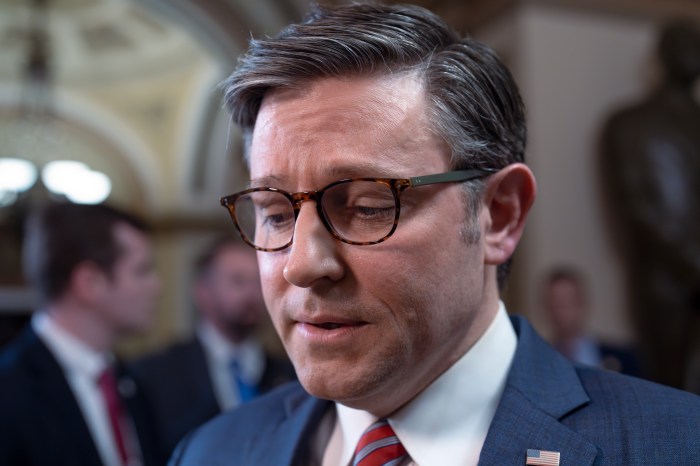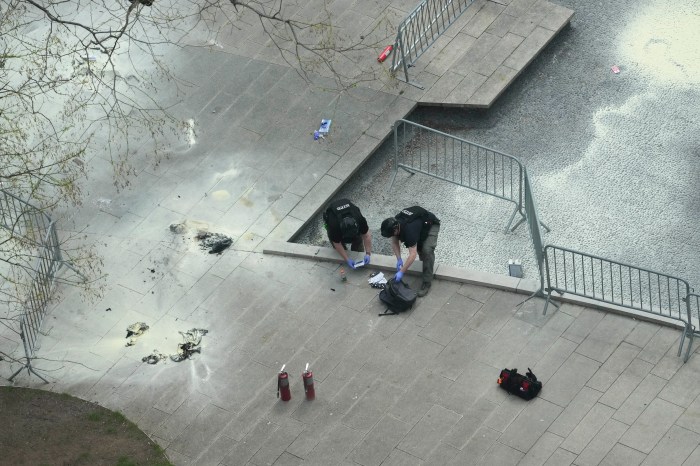SINGAPORE (Reuters) – Singapore is planning a 500% increase in its virus-testing capacity as part of its fight against the COVID-19 disease, its health minister said on Monday, as the city-state reported 573 new coronavirus cases.
Singapore is working with various private and public-sector firms to increase testing capacity to up to 40,000 a day, Gan Kim Yong told parliament.
It has the capacity to conduct more than 8,000 tests a day versus 2,900 in early April. The city-state has one of the highest testing rates in the world at 2,500 tests per 100,000 people.
Singapore, which has put in place “circuit breaker” restrictions aimed at stemming novel coronavirus, which include closing most workplaces, will allow some businesses to reopen from May 12.
For restrictions to be lifted, cases outside worker dormitories should ideally fall to zero or single digits daily, with very low numbers of unlinked cases, over a sustained period of time, Gan said. Cases among migrant workers should also drop, he said.
The government will review the situation globally and in individual countries when deciding to open Singapore’s borders.
“For any re-opening of our borders, we are likely to start small and selectively,” Gan added.
At 18,778 infections, the city-state has among the highest case loads in Asia, because of mass outbreaks in migrant-worker dormitories. It has, however, managed to curb the spread of the disease outside the dormitories, and has suffered 18 deaths.
The government will comprehensively review the pandemic and its responses “at the right time,” Lawrence Wong, a minister who co-heads Singapore’s virus-fighting task-force, said in comments reported by the Straits Times newspaper.
Parliament was also set to pass a law on Monday that seeks to ensure that a general election could be held safely if called during the COVID-19 pandemic.
(Reporting by Aradhana Aravindan and Fathin Ungku in Singapore; editing by Louise Heavens, Larry King)



















